 |
| June 21, 2021 |
 |
| |
| |
| Space Maybe the Aliens Really Are Here But if so, it's probably in the form of robotic probes—something both UFO enthusiasts and SETI scientists should be able to agree on | | | | |
| |
| |
| |
| |
| Environment National Park Nature Walks, Episode 7: Into the Wilderness by Canoe Here is our next installment of a new pop-up podcast miniseries that takes your ears into the deep sound of nature. Host Jacob Job, an ecologist and audiophile, brings you inches away from a multitude of creatures, great and small, amid the sonic grandeur of nature. You may not be easily able to access these places amid the pandemic, but after you take this acoustic journey, you will be longing to get back outside. Strap on some headphones, find a quiet place and prepare to experience a thunderstorm—and a lazy day of waiting that storm out—inside the Boundary Waters Canoe Area Wilderness in northern Minnesota. Catch additional episodes in the series here. |  | By Jacob Job | 28:50 | | | |
| Environment The Delusion of Infinite Economic Growth Even "sustainable" technologies such as electric vehicles and wind turbines face unbreachable physical limits and exact grave environmental costs | | By Chirag Dhara,Vandana Singh | | | |
| |
| Neurological Health Could Mitochondria Be the Key to a Healthy Brain? Some researchers suspect these bacterial ancestors living within our cells may contribute to a wide range of neurological and psychiatric disorders | | By Diana Kwon,Knowable Magazine | | | |
| |
FROM THE STORE
 | | | |
| |
FROM THE ARCHIVE
 | | It's Never Aliens--until It Is 2017 was a banner year for scientists seeking aliens—even though they (apparently) didn't find any By Lee Billings | January 2018 | | |
| |
LATEST ISSUES
 |
| |
| Questions? Comments?  | |
| Download the Scientific American App |
| |
| |


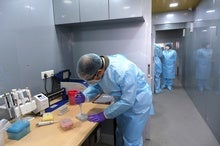
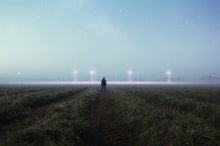

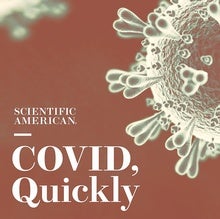
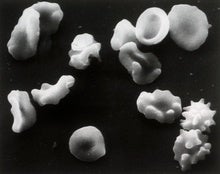
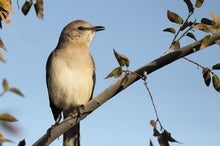
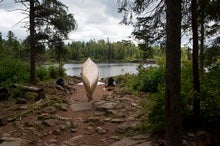


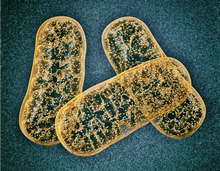

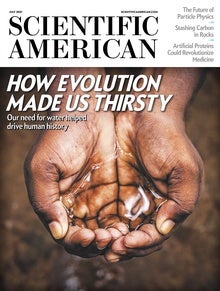




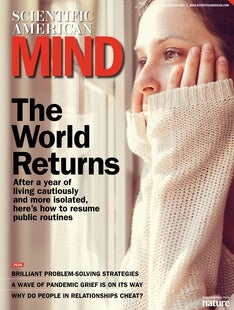

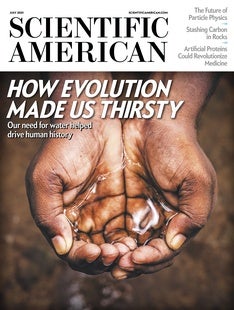
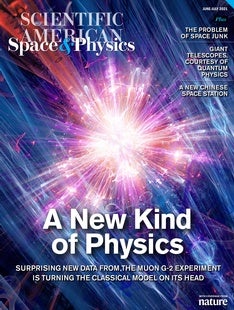
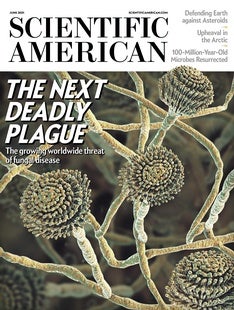



Comments
Post a Comment